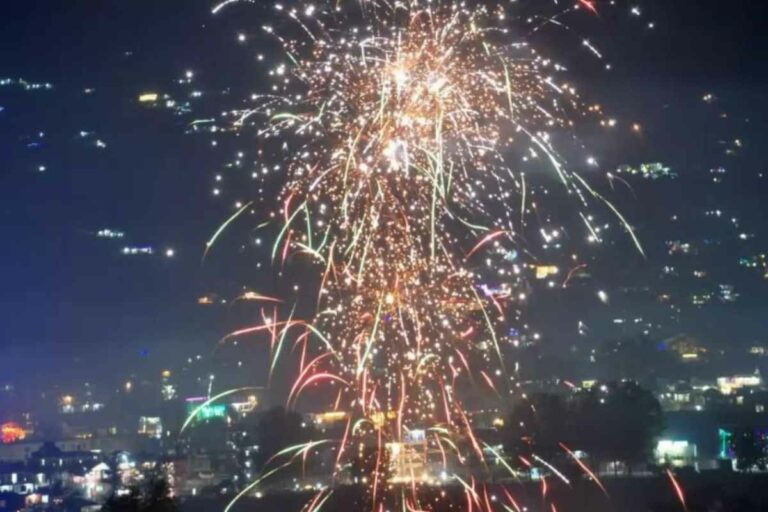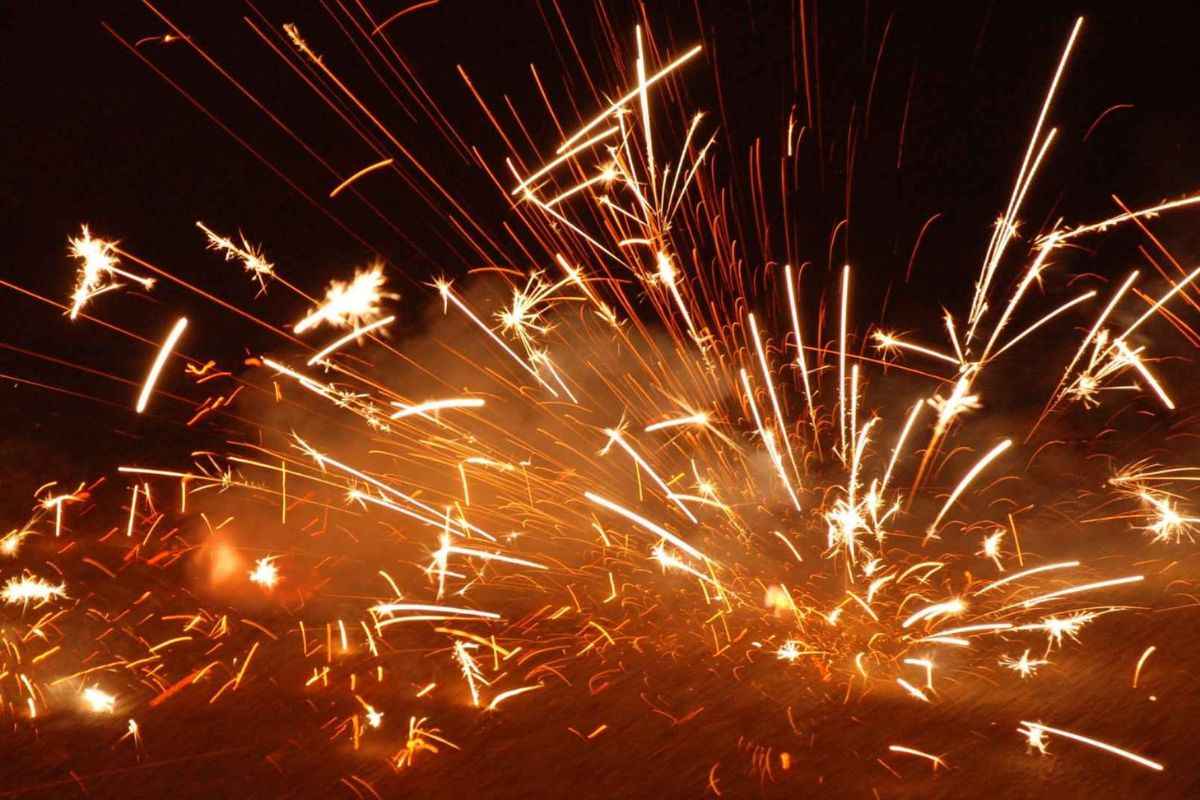
In a significant move to address the escalating pollution levels, the Delhi government has announced a complete ban on the sale and purchase of firecrackers, which will remain in effect until January 1. This decision, aimed at curbing air pollution during the festive season and winter months, highlights the government’s commitment to improving air quality in the national capital.
The Rationale Behind the Ban
Delhi consistently ranks among the most polluted cities in the world, especially during the winter months when weather conditions trap pollutants close to the ground. The government has recognized that firecrackers contribute significantly to the deterioration of air quality, with their harmful emissions exacerbating the already critical situation. The decision to enforce a complete ban on fireworks reflects a broader strategy to promote public health and safety while preserving the environment.
According to studies, particulate matter (PM) levels spike dramatically during festivals, largely due to the widespread use of firecrackers. This not only affects the health of residents but also poses serious risks to vulnerable populations, including children and the elderly. The government’s stance aims to mitigate these effects and ensure cleaner air for all citizens.
Public Response to the Ban
Environmentalists and health advocates have applauded the decision, arguing that it is a necessary step toward ensuring a sustainable future. They emphasize the importance of prioritizing public health over traditional celebrations that involve fireworks. Many citizens are increasingly aware of the harmful effects of air pollution and support measures that contribute to a healthier environment.
On the other hand, some individuals argue that fireworks are an integral part of cultural celebrations, especially during festivals like Diwali. They express concerns about the ban limiting their festive spirit. However, many also acknowledge the need for alternative celebrations that do not involve polluting practices. This situation calls for a balance between cultural traditions and environmental sustainability.
Also Read This Article:
Earn Up to ₹8 Lakh: UP Govt. Opportunities for Influencers & YouTubers!
Exploring Alternatives to Firecrackers
In light of the ban, various communities are looking for creative and eco-friendly ways to celebrate without firecrackers. Many are turning to alternatives such as eco-friendly fireworks, which produce less smoke and noise, or opting for light shows that can provide a spectacular visual experience without the environmental damage associated with traditional firecrackers.
Community initiatives are also gaining momentum, with groups organizing awareness campaigns to educate the public about the adverse effects of firecrackers and promoting greener alternatives. These efforts not only encourage a shift in celebration practices but also foster a sense of responsibility toward the environment among citizens.

Government’s Role and Future Steps
The Delhi government’s role in this initiative goes beyond the immediate ban on firecrackers. It is part of a larger framework aimed at improving air quality and promoting sustainable practices. Authorities are expected to strengthen regulations on industries and vehicular emissions, which are also significant contributors to air pollution.
In addition, the government plans to implement long-term solutions, such as increasing green cover in the city and promoting public transport to reduce vehicular congestion. By combining immediate measures with long-term strategies, the government aims to create a cleaner, healthier environment for future generations.
Conclusion
The complete ban on the sale and purchase of firecrackers in Delhi until January 1 is a bold and necessary step toward combating pollution in the capital. While it may face some opposition from those who cherish traditional celebrations, the health benefits and environmental significance of this decision cannot be overstated. As citizens adapt to new ways of celebrating, it is crucial to foster a culture of awareness and responsibility toward the environment. Ultimately, this ban could pave the way for a healthier and more sustainable future for all residents of Delhi.
By embracing eco-friendly alternatives and working together, the community can ensure that celebrations continue to thrive while prioritizing the well-being of the environment and public health.
Stay informed and make a difference! Join us at Digi Hind News for the latest updates on environmental issues, community initiatives, and sustainable practices. Together, let’s advocate for a cleaner, healthier future for our cities. Visit us today and be part of the change!